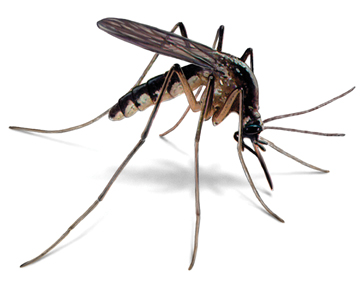Researchers at the Instituto de Medicina Molecular
have discovered that the Plasmodium
parasite, which is the cause of malaria, defends itself by replicating inside
its host’s liver cells. Replicating inside the host’s liver allows the parasite
to infect red blood cells and cause potentially deadly symptoms. Symptoms of
malaria in humans include fever, chills, and a flu-like illness (cdc.gov).
Portuguese researchers have recently discovered that the
Plasmodium parasite is resistant to
autophagy, a cellular defense mechanism. However, the resistance to autophagy
all hinges on the presence of UIS3, a protein which binds to another protein,
LC3. When UIS3 is bound to LC3, a shield protects the Plasmodium parasite from autophagy, leaving the parasite free to
replicate inside the liver of its host. However, parasites that lack the UIS3
protein do not have this protective shield, and can be eliminated by the host. Therefore,
the UIS3 protein could potentially become a target for protection against the
malaria parasite.
I think that this development in genetics could help
so many people in the future. If a malaria vaccination or cure that renders the
UIS3 protein inoperable could be developed, many lives will be saved. According
to the CDC, 429,000 people died of malaria in 2015 alone. It would be amazing
to see a combatant for malaria come out of this genetic discovery, especially
now that drug resistance is becoming an issue.

I agree with you that development in genetics could help save lives in the future. Malaria is a major cause of death and if a vaccination could be developed to make Malaria not resistant to autophagy, then that would be a major win.
ReplyDeleteThis is an interesting study, I completely agree this will be very beneficial for people that may contract or have the parasite. This study could give us a better idea on where we should concentrate when treating Malaria. With the parasites shield down, it could give us a opportunity to treat it more efficiently.
ReplyDeleteI agree that this research on malaria could save thousands of lives could be saved if a vaccine was developed. Its crazy to see how parasites are free to replicate inside the liver of its host and that such a small change in protein can potentially cure a sickness.
ReplyDelete